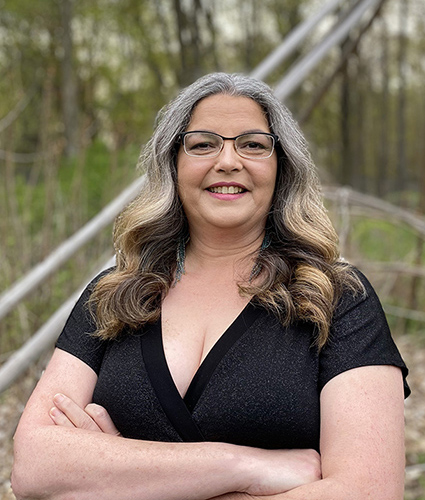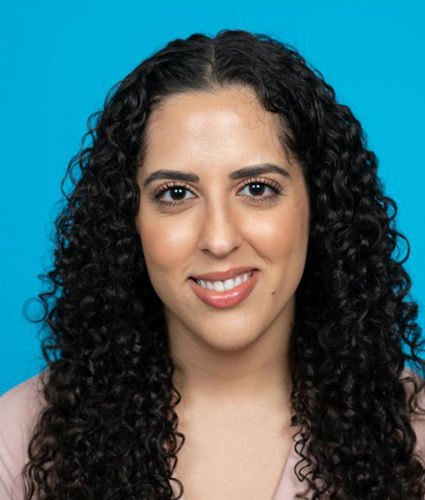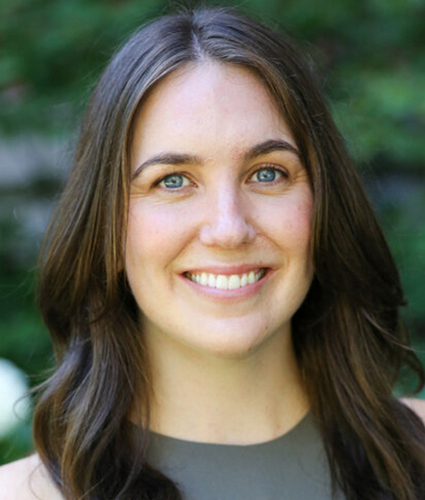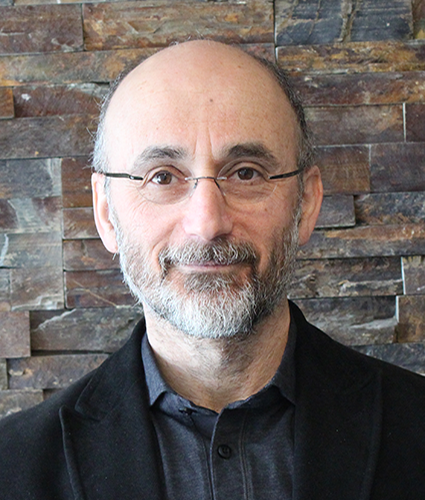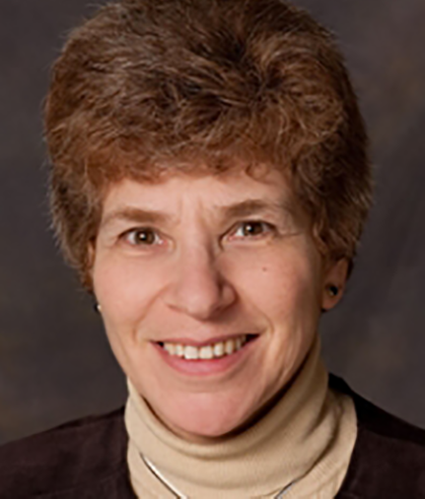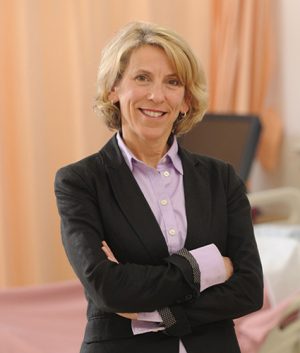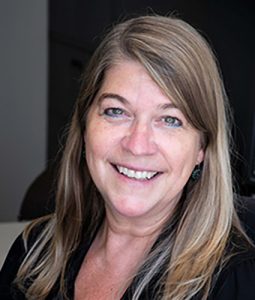Dr. Angela Mashford-Pringle is Algonquin (Timiskaming First Nation/Bear Clan). She is Associate Director at the Waakebiness-Bryce Institute for Indigenous Health, Dalla Lana School of Public Health at the University of Toronto. As the Indigenous Health Lead for DLSPH, she oversees the new Indigenous Post-Doctoral Fellowship program. She worked for over a decade at the federal government in Indigenous initiatives. Angela is the Director of the Master of Public Health – Indigenous Health program (MPH-IH), and Founding Editor of the Turtle Island Journal on Indigenous Health (TIJIH). She works with Indigenous communities with issues related to Indigenous health including cultural safety, land-based learning, climate action, and policy analysis and development.
For more information on Dr. Mashford-Pringle, please visit the AMP Lab website.
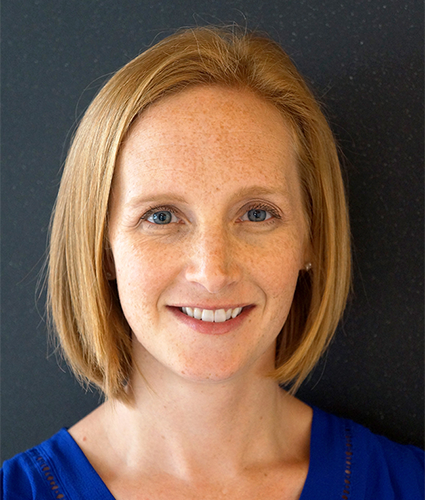
Dr. Kathryn Sibley is dedicated to bridging the gap between research and practical applications in the healthcare industry.
With a background in Kinesiology from the University of Waterloo and graduate degrees in Rehabilitation and Medical Sciences from the University of Toronto, as well as a postdoctoral fellowship at the Toronto Rehabilitation Institute- University Health Network, Dr. Sibley is well-equipped to tackle the challenges of translating research into real-world solutions.
Her research focuses on fall prevention in older adults and optimizing balance exercise for this population. By engaging research users throughout the research process, Dr. Sibley is able to address critical research-to-practice gaps in rehabilitation and improve the health outcomes for Canadians.
As the Director of Knowledge Translation at the George & Fay Yee Centre for Healthcare Innovation, a member of the Integrated Knowledge Translation Research Network, and an affiliate scientist at the Toronto Rehabilitation Institute, Dr. Sibley is at the forefront of innovation in the field.
With a focus on fall prevention and extensive publication in the field, Dr. Sibley has received support and recognition from leading organizations such as the Canadian Institutes of Health Research, Natural Sciences and Engineering Research Council, and Knowledge Translation Canada.
Dr. Christine (Tina) Fahim (PhD, MSc) is an implementation scientist and leads the Team for Implementation, Evaluation and Sustainability at the Knowledge Translation Program, St. Michael’s Hospital. She holds an Associate Scientist position in the Department of Health Policy and Management at Johns Hopkins University, Bloomberg School of Public Health. She obtained her MSc in Health Systems at the University of Ottawa followed by a PhD in Health Research Methods, Evidence and Impact from McMaster University and a postdoctoral fellowship at the Johns Hopkins University School of Public Health, Department of Health Policy and Management. Dr. Fahim’s research focuses on the science and practice of knowledge translation to implement evidence-based interventions at the provider, organization, and systems level.
Dr. Cassidy is a registered nurse with expertise in implementation science, evidence-based practice, and behaviour change. She completed her BScN at the University of Prince Edward Island and PhD in Nursing at Dalhousie University. Dr. Cassidy also completed a CIHR Health System Impact Postdoctoral Fellowship at the IWK Health Centre and University of Ottawa with the Integrated Knowledge Translation (IKT) Research Network. Her program of research uses an IKT approach to design, implement, and evaluate evidence-based practices and knowledge translation interventions in pediatric care.
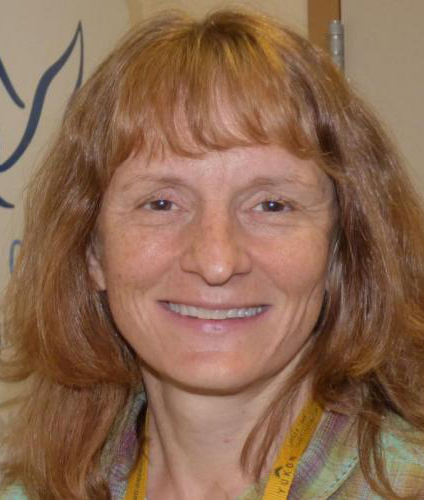
BSc, BScPT, MScPT, PhD
Dr. Liris Smith holds two undergraduate degrees from the University of Saskatchewan, a baccalaureate of science (Anatomy), and a baccalaureate in Physical Therapy. Liris completed her master’s degree in Physical Therapy at the University of Alberta in 1997. She spent 27 years working as a physical therapist, supervisor, manager and director of care in the Continuing Care Division of Yukon Government. In 2018, Liris resigned from YG to dedicate her time to her PhD studies, graduating in 2021 with a PhD in Health Sciences from the College of Medicine, University of Saskatchewan. Liris has remained active in her profession, representing the territory on national committees for the Canadian physiotherapy association, and received one of 100 Centenary Medals of Honor in 2021 for her dedication to the profession.
Liris has been a sessional instructor at YukonU (and Yukon College) for more than a decade, teaching courses such as Anatomy and Pathophysiology for the Practical Nursing program. She is committed to working in partnership with Yukon First Nations, and all citizens who received health care services in the newly formed Strategy for Patient Oriented Research (SPOR) unit. Liris and her husband have a son, daughter and granddaughter, all residing in Yukon. She enjoys music, handicrafts and outdoor pursuits, such as recreational running, hiking and biking.
David Moher is a Senior Scientist in the Clinical Epidemiology Program, Ottawa Hospital Research Institute, where he directs the Centre for Journalology (publication science ). He is also an Associate Professor in the School of Epidemiology and Public Health, Faculty of Medicine, University of Ottawa. He holds an MSc in epidemiology and PhD in clinical epidemiology and biostatistics.
Dr. Moher has been involved in developing the science of how to optimally conduct and report systematic reviews for most of his professional career. Another part of his research has focused on how best to develop reporting guidelines. He spearheaded the development of the CONSORT statement and the PRISMA statement. He also leads an active program investigating predatory journals and publishers. More recently he led a program to develop core competencies for scientific journal editors. He is actively developing a program to investigate alternatives to current incentives and rewards in academic medicine.
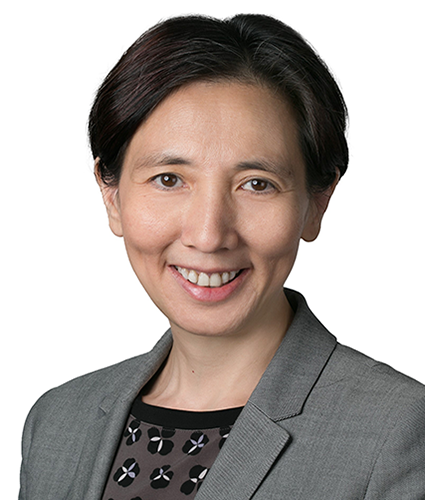
Dr. Linda Li is Professor and Harold Robinson/Arthritis Society Chair in Arthritic Diseases at the Department of Physical Therapy, University of British Columbia and holds a Canada Research Chair in Patient-oriented Knowledge Translation. She is also a senior scientist at Arthritis Research Canada where she leads the Arthritis & Implementation Science Program (https://arthritis.rehab.med.ubc.ca/). Her research focuses on the integration of wearables and apps to support health professionals in promoting physical activity and chronic disease self-management. Her work in implementation science includes studying strategies for engaging people with lived experiences in the research process. Dr. Li is a recipient of the American College of Rheumatology – Association of Rheumatology Professionals (ARP) Distinguished Scholar Award (2015) and the ARP Distinguished Educator Award (2022), recognizing her leadership in both arthritis research and education. In 2019, she was inducted as Fellow of the Canadian Academy of Health Sciences.
Christina Godfrey is an Associate Professor at Queen’s University School of Nursing and the Scientific Director/Methodologist for the Queen’s Collaboration for Health Care Quality: A JBI Centre of Excellence. As a specialist in research synthesis methodologies, she has received formal synthesis training through the Cochrane Collaboration and the Joanna Briggs Institute (JBI), and is a certified as a trainer in the JBI method of synthesis.
Dr. Godfrey provides methodological support to faculty, clinicians and graduate students internal to Queen’s University and to emerging synthesis groups and centres throughout Canada. She is a member of five international methodology committees focused on advancing the methodology of synthesis.
Janet Curran is a Professor in the School of Nursing at Dalhousie University and a Research Chair in Quality and Patient Safety at IWK Health, Nova Scotia Health and Dalhousie University.
She is the Scientific Lead in the Strengthening Transitions in Care lab at IWK Health where her program of research is focused on co-designing and evaluating best practice and policy change interventions to improve transitions in care for patients and families. Her co-design work is informed by collaborating with multiple stakeholders including patients, parents and caregivers, healthcare providers, and policy makers.
Heather Colquhoun is an Associate Professor in the Occupational Science and Occupational Therapy Department at the University of Toronto. She has over 29 years of experience as an Occupational Therapist and researcher. Her research focuses on the science of knowledge translation (KT) with an emphasis on the identification, prioritization and closing of evidence-to-practice gaps in healthcare.
Dr. Colquhoun’s research program includes application of behaviour change theory to implementation problems, the use of theory and theoretical constructs to design and understand interventions, optimizing audit and feedback as a KT intervention, investigation of reporting and terminology issues in KT science, and exploring methods of knowledge user engagement and barriers assessment for intervention design. She also has experience in knowledge syntheses methods including systematic and scoping reviews, including developing best practice methods for the conduct and reporting of scoping reviews.
